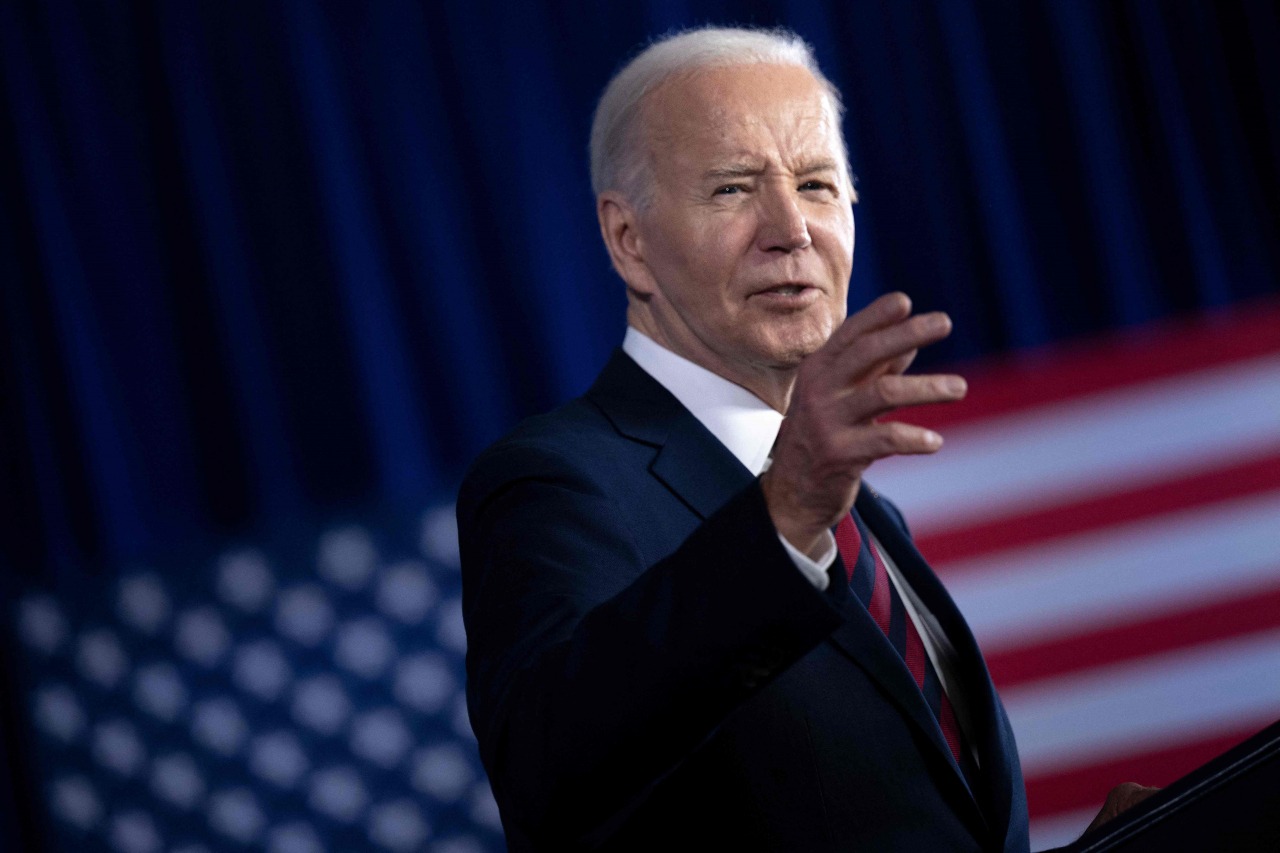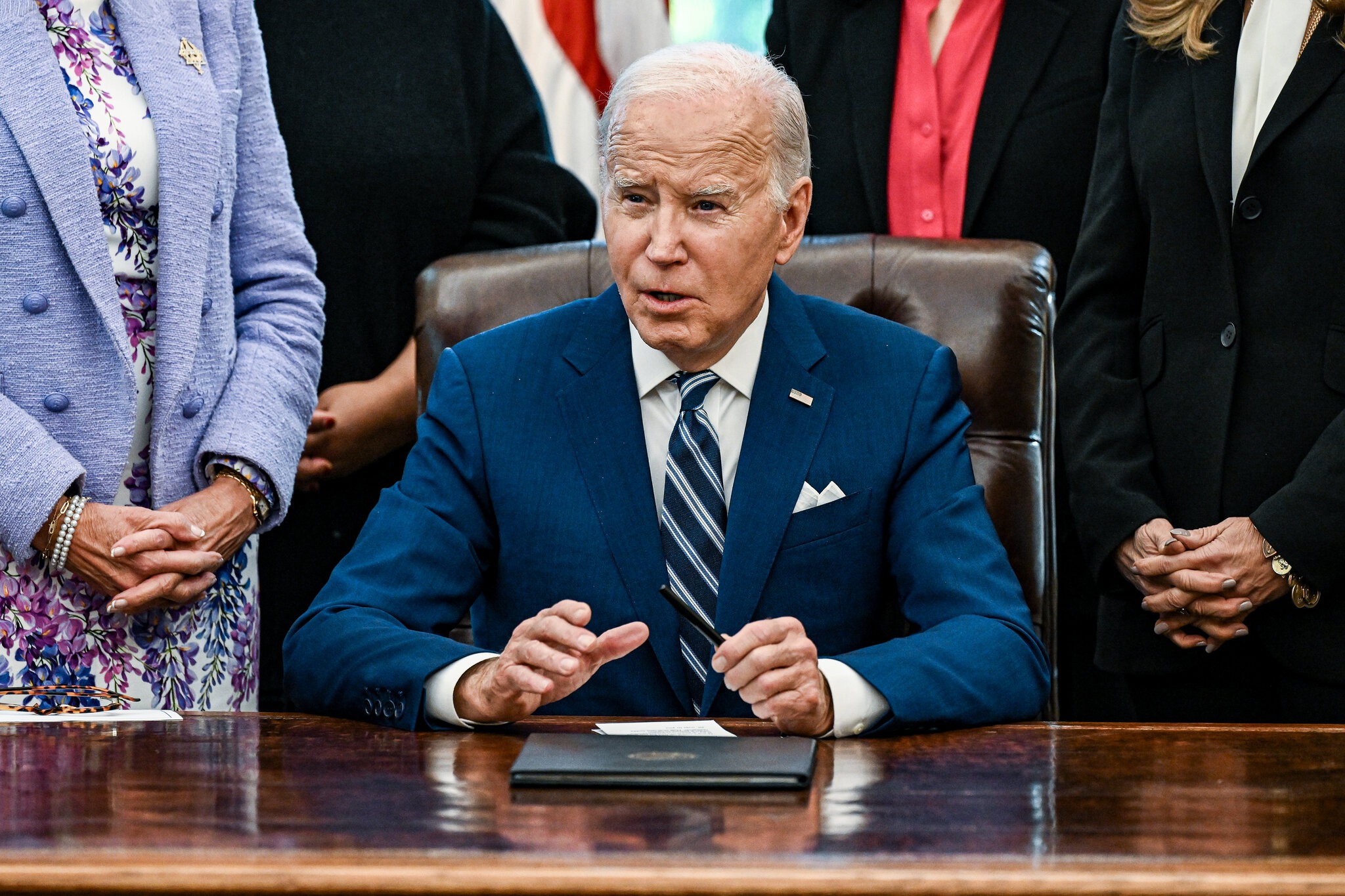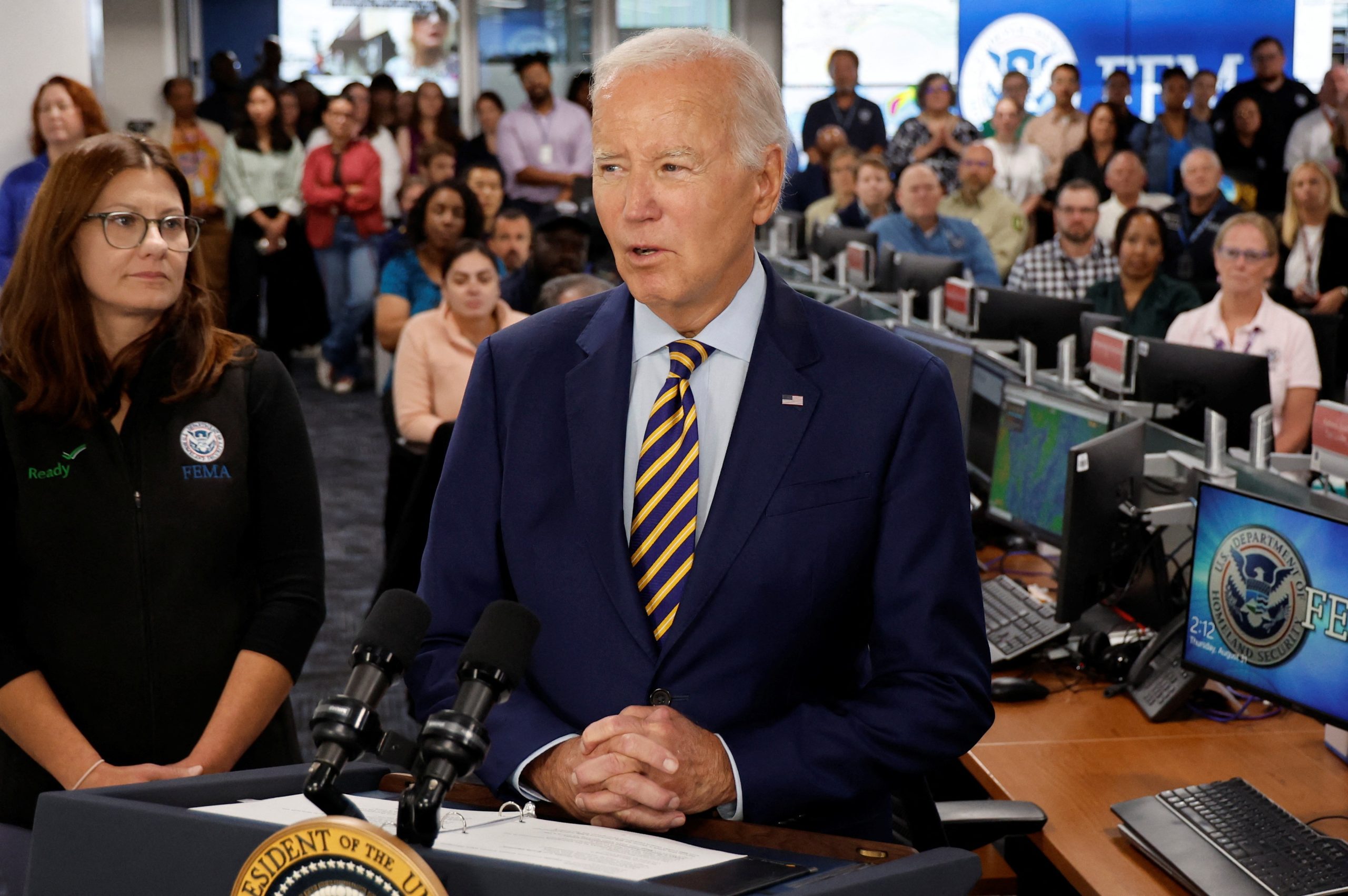The Biden administration has formulated a strategy to address the significant cyberattack on a unit of UnitedHealth Group by pressuring insurers to take action.
Federal officials have been actively engaging with senior leaders at UnitedHealth and across the industry, emphasizing the need for transparency and urging prompt service restoration.
At a recent meeting, Department of Health and Human Services (HHS) and White House officials reiterated the importance of UnitedHealth providing clear timelines for service restoration.

Biden (Credits: The Korea Herald)
Many insurers have committed to expediting payments and providing support to affected parties, including Medicaid providers. While specific plans were not disclosed, these commitments include making accelerated payments, assisting with pending claims, offering loans, and facilitating transitions to alternative electronic clearinghouses if necessary.
Officials noted some progress since the previous week but highlighted ongoing challenges, particularly for small rural providers in need of financial assistance.
The cyberattack on Change Healthcare, a unit of UnitedHealth, has been attributed to hackers believed to be part of a Russia-based group called ALPHV or Blackcat.

Joe Biden (Credits: The New York Times)
This attack has exposed vulnerabilities in both UnitedHealth and federal agencies, prompting criticism from healthcare providers and lawmakers for being unprepared and slow to respond.
The complex nature of the U.S. healthcare system has posed challenges for regulators navigating the recovery process. For instance, limited authority over commercial insurers operating Medicare Advantage plans complicates efforts to ensure providers are adequately compensated.
As efforts continue to address the fallout from the cyberattack, collaboration between government agencies, insurers, and healthcare providers remains crucial to mitigating the impact and enhancing cybersecurity resilience in the healthcare sector.























